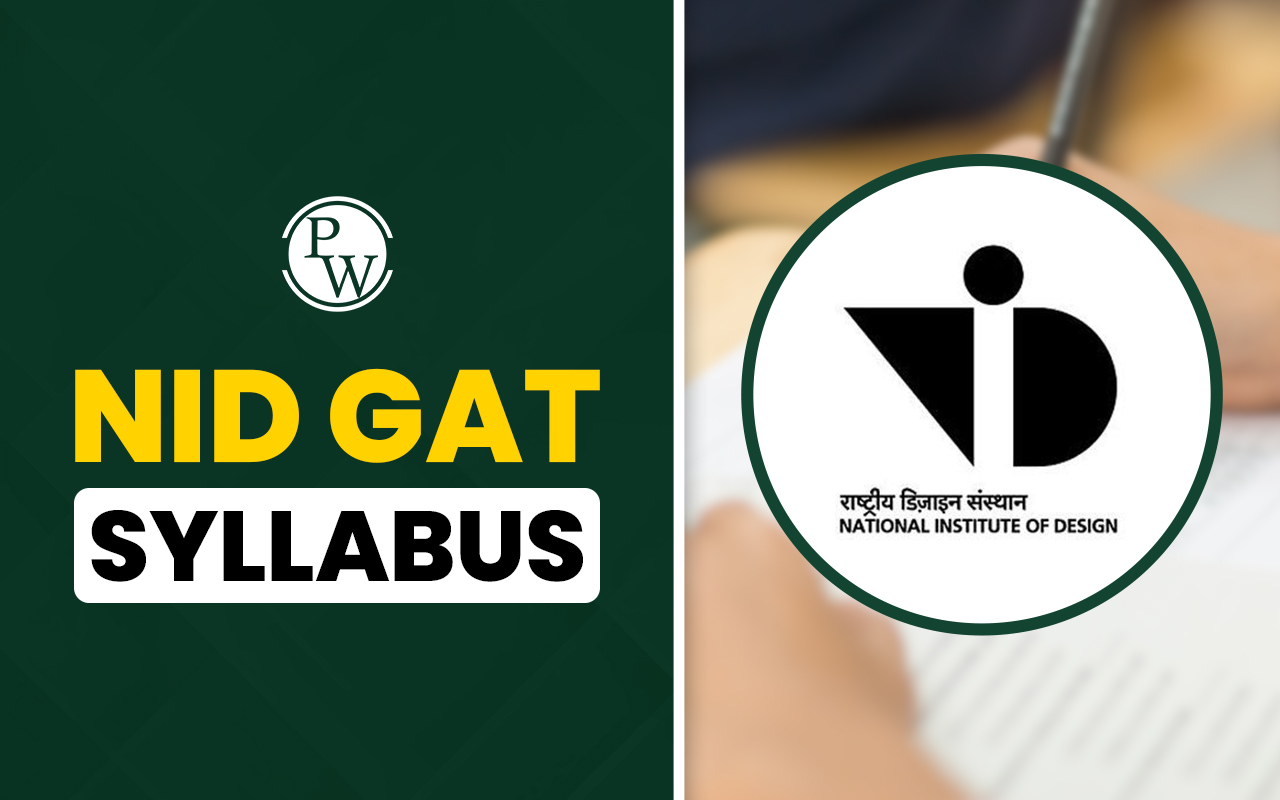
Product Design Courses after 12th have become a popular and dynamic career option for students interested in seeking creative and innovative fields beyond traditional paths like engineering and medicine. The upscaling of the design industry and the growing demand for skilled designers across industries such as technology, fashion, automotive, and consumer goods has made product design an attractive alternative for 12th passouts.
Many institutions, including government and private, have opened up in the last decade, providing undergraduate degrees like B.Des in Product Design that build strong career foundations right after school. These specialized programs provide the foundational base in design principles, technical skills, and hands-on experience with tools like sketching, 3D modeling, and CAD software.
What is Product Design?
Product Design is focused on creating functional, innovative, and user-friendly products that improve everyday life. A Product Design course covers areas such as design principles, sketching, 3D modeling, prototyping, user research, and the use of digital tools like CAD software. Product Design courses prepare graduates for diverse roles in industries ranging from technology and consumer goods to automotive and lifestyle products.
Product Design Course After 12th Overview
After completing 12th, students can pursue various Product Design courses such as Bachelor of Design (B.Des) in Product Design, Diploma in Product Design, and Certificate Courses in Product Design. The B.Des in Product Design is a 4-year undergraduate program covering design principles, sketching, 3D modeling, user experience, and manufacturing processes. Diploma and certificate courses are shorter, focusing on areas like CAD software or sustainable design. Refer to the following table to get an overview of the relevant aspects of the Product Design Course after 12th.
Eligibility Criteria for Product Design Course After 12th
Aspirants interested in pursuing Product Design course after completing their class 12th must first read the eligibility criteria carefully and accordingly apply for admissions. The following pointers are included in the eligibility criteria.
- Candidates must have completed 10+2 (Class 12) in any stream (Science, Commerce, or Arts) from a recognized board.
- A minimum of 50% aggregate marks in the 12th standard is generally required. Some institutes may have higher or lower cut-offs.
- Admission can be merit-based or through entrance exams such as NID DAT, UCEED, NIFT, or institute-specific tests.
- Certain institutes may have an age limit for applicants, so candidates should check specific requirements.
Admission Process for Product Design Course
Admission to the Product Design course is based on the entrance exam and merit. Depending on the college requirements, candidates have to appear for the entrance exam, such as NIFT, UCEED, NID DAT, or institute-specific tests, which may include written, drawing, and aptitude assessments. Shortlisted candidates are called for further rounds like interviews, portfolio reviews, or counselling, after which final selections are made based on combined scores and preferences.
Entrance Exams for Product Design Course
Entrance exams for Product Design courses after 12th include UCEED (Undergraduate Common Entrance Examination for Design), NID DAT (National Institute of Design Design Aptitude Test), and the NIFT Entrance Exam. These exams are conducted at national and university levels and are often required for entry into B.Des courses in Product Design. The following are the entrance exams with corresponding conducting bodies.
Product Design Syllabus
The syllabus for Product Design varies as per the college requirements and curriculum. Here is the BDes syllabus for Product Design.
Colleges for Product Design Course in India
Several colleges in India offer Product Design courses, such as the National Institute of Design (NID), Indian Institute of Art and Design (IIAD), National Institute of Fashion Technology (NIFT), and MIT Institute of Design, Pune. These colleges provide undergraduate and postgraduate programs with modern curricula, industry exposure, and hands-on training. Admission to most of these institutes requires candidates to clear entrance exams like UCEED or NID DAT. Check out the product designing colleges in the following table, along with their total fee structure.
Scope of Product Design After 12th
The scope of Product Design after 12th is expanding rapidly, offering students a creative and future-ready career path in various industries. Graduates can pursue roles such as Product Designer, Design Consultant, Brand Manager, and Product Manufacturer, working in sectors like technology, consumer goods, automotive, and fashion. Students can get admission to undergraduate, diploma, or certificate courses to gain practical skills and industry exposure early on. Graduates get diverse job opportunities and competitive salaries with the growing trends.
Job Profiles for Product Design Graduates
Product Design graduates can pursue a wide range of job profiles across industries. Common roles include Product Designer, Industrial Designer, UI/UX Designer, and Product Manager. The field also offers pathways to specialize in areas like automotive, fashion, or technology, providing graduates with diverse and rewarding career options. The following are the prominent job opportunities for Product Design graduates.
- Product Designer
- Industrial Designer
- UI/UX Designer
- Product Manager
- Design Consultant
- Design Engineer
- Colour Technologist
Average Salary Offered to Product Designers
The average salary offered to Product Designers in India ranges from Rs 6-10 lakhs per annum for entry-level positions, with mid-level professionals earning between Rs 10-15 lakhs per annum. In metro cities and top companies, senior product designers can earn Rs 15-25 lakhs or more. Salaries vary based on experience, location, company, and specialization within the field.
Product Design Course After 12th FAQs
What are the common Product Design courses available after 12th?
The common courses include Bachelor of Design (B.Des) in Product Design, BA in Product Design, and diploma or certificate courses specializing in various aspects of product design.
What is the eligibility criteria for Product Design courses after 12th?
Candidates must have passed 10+2 from a recognized board in any stream, usually with a minimum of 50% aggregate marks.
Which entrance exams are required for admission?
The entrance exams include UCEED, NID DAT, NIFT, and institute-specific tests for admission to product design colleges.
What is the duration of Product Design courses after 12th?
Undergraduate programs like B.Des typically last 4 years, while diploma and certificate courses can range from 6 months to 2 years.
What are the prominent colleges for Product Design in India?
Leading institutes include National Institute of Design (NID), IITs (through UCEED), NIFT, Symbiosis Institute of Design, and MIT Institute of Design for pursuing Product design in India.










